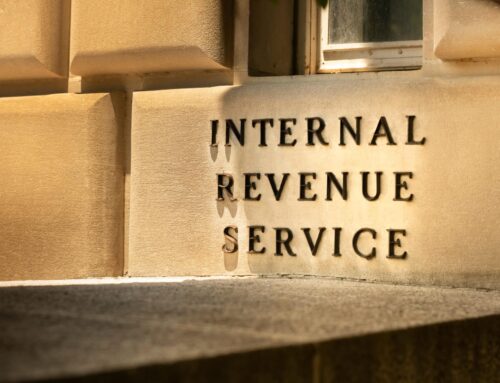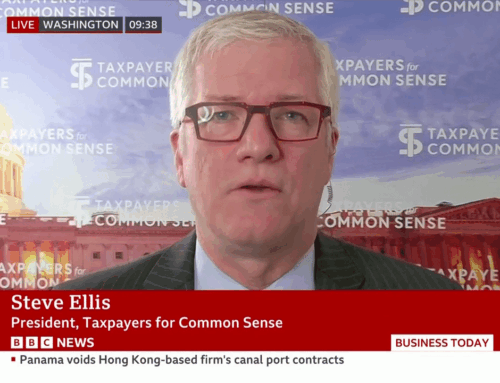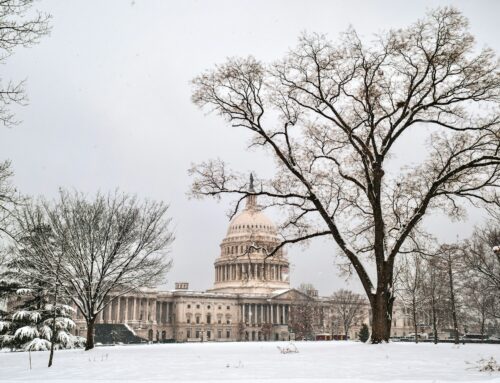Inspectors General (IGs) are much in the news recently as the president takes aim at several of them for doing their jobs. In a troubling pattern of apparent retaliation against these officials, the president has fired, or passed over for promotion from “acting” status, Inspector General officials at the following federal agencies:
- The Intelligence Community (April 3, 2020)
- The Department of Defense (named new “acting” IG, demoting Principal Deputy IG April 7, 2020)
- The Department of Health and Human Services (May 1, 2020)
- The Department of State (May 15, 2020)
- The Department of Transportation (Acting IG removed May 15, 2020)
- In two instances (Intelligence Community and State Department IGs) he avoided a legally required 30-day waiting period for their removal by also placing the IG on immediate administrative leave.
The role of the Inspectors General is not well known outside the worlds of government and the press. So, what does an Inspector General do? Why should it matter to U.S. taxpayers that the IGs be allowed to do their jobs without fear of retaliation?
In the late 1970s, lawmakers believed federal departments and agencies needed an independent channel of oversight to complement the Constitutionally-mandated oversight role performed by the Legislative Branch. To that end, the Inspector General statute was crafted.
- What role does the Inspector General play in a federal agency? The statute (Public Law 95-452) says that Inspectors General are established at departments and agencies:
“…to provide a means for keeping the head of the establishment and the Congress fully and currently informed about problems and deficiencies relating to the administration of such programs and operations and the necessity for and progress of corrective action;”
The statute also states:
“Neither the head of the establishment nor the officer next in rank below such head shall prevent or prohibit the Inspector General from initiating, carrying out, or completing any audit or investigation, or from issuing any subpoena during the course of any audit or investigation.”
- How are Inspectors General selected and what are the professional requirements of their positions? The statute states that they:
“…shall be appointed by the President, by and with the advice and consent of the Senate, without regard to political affiliation and solely on the basis of integrity and demonstrated ability in accounting, auditing, financial analysis, law, management analysis, public administration, or investigations.”
- Can Inspectors General be fired? If so, what is the process for removal? Again, quoting from the IG Statute:
“An Inspector General may be removed from office by the President. If an Inspector General is removed from office or is transferred to another position or location within an establishment, the President shall communicate in writing the reasons for any such removal or transfer to both Houses of Congress, not later than 30 days before the removal or transfer.”
So, allowing the president to control the fate of the Inspectors General is explicitly allowed. Clearly the Congress, in crafting the legislation back in the late 1970s, didn’t anticipate the Trump Presidency. Even though the establishment of Inspectors General was, arguably, a reaction to the excesses of the Nixon Administration, evidently no one contemplated that blatant personal and political gain would be openly practiced by a future president.
But here we are.
The CARES Act, signed into law by the president, included additional sums dedicated to 15 separate Inspectors General. As we said at the time, “…there is no more important time for oversight than now, when 100s of billions of dollars are about to start sloshing through the federal system.”
The HEROES Act, recently passed in the House of Representatives, includes sections to protects the IGs from just this type of political and personal retaliation. Among other protections, are these specifics:
Section 70102: Notice must be made to Congress if the President makes a “change in status” to any Inspector General. Previously such notice was only required when the President fired an IG, this legislation would extend the requirement to any IG “place on paid or unpaid duty status.”
Section 70103: The President would also be required to explain any failure to nominate an IG within a 210 day appointment window and provide a target date for the next nomination.
Section 70104: Presidents would only be allowed to remove an IG for: permanent incapacity; inefficiency; neglect of duty; malfeasance; felony conviction of matter of moral turpitude; knowing violation of a law, rule or regulation; gross mismanagement; gross waste of funds; or abuse of authority.
Also, the Government Accountability Office has released 12 pages of recommendations for maintaining the independence of the Inspectors General. It’s an important element of any potential reforms to the IG system and worth reading for those interested. At TCS we think the following recommendations for additional legal protections are among the most important recommended reforms:
- “Congress could consider amending provisions governing the removal of IGs to authorize for cause removal only, to align with existing federal statutes applying for-cause removal to certain federal officers and applicable U.S. Supreme Court precedent.
- “Congress could consider amending provisions governing the removal of IGs to require the President to provide advance notification of changes in status of an IG beyond removal or transfer, such as placing an IG on administrative leave, and to provide more detail on the reasons for such changes in status.
- “Congress could consider requiring a one-time or ongoing report to Congress by the President, agency head, or acting IG on the IG vacancy and its impact on OIG activities and agency oversight needs, in the event that a vacancy occurs in an IG position.
- “Congress could consider expanding the existing semiannual IG reporting requirement to include additional topics or institute a shorter time interval for reporting to Congress on matters related to IG independence.”
Every American should support robust oversight of “problems and deficiencies” in the administration of federal programs paid for with our tax dollars. It doesn’t matter which political party the president represents, transparency and oversight in the administration of government is paramount.
The Inspectors General must be protected from politics.









